Call for PR Advise
Discover your option for
Australian Permanent Residency
Whatever circumstances you are in, we'll help map out an actionable migration plan to achieve permanent residency.
*Depending on case complexity.


Does this sound like you?

You are in a relationship with an Australian citizen, PR or eligible NZ citizen.

You are a skilled graduate from Australia.

You have an employer who is open to sponsoring you.

You are a skilled professional (inside/outside Australia).

If you are a student in Australia, studying courses in demand.

If you are a child/parent of an Australian Citizen, PR, or eligible NZ citizen.

If you wish to operate a business/invest in Australia.
If yes, you are likely going to have a PR pathway*
*We'll confirm your eligibility during consult.
During the free call, we will

Understand your case

Check your eligibility & assess your options

Discuss the next steps

Map out your personalised migration pathway

Answer all your questions and concerns
*Based on eligibility and case complexity.
Let’s talk about Permanent Residency

Callum Hay
Nicolette is a fantastic immigration lawyer who I could not recommend enough. She was recommended to me with high regard by a work colleague and I quickly came to understand why. Not only is she very knowledgeable (I've consulted with a couple of other immigration lawyers and she was far more clued up), but she also provided amazing client support throughout the process. Nicolette is very personable and friendly and she would answer the phone within seconds every time I called her with some queries.
Mirella Castelino
A S
Chi Nguyen
Laura Pera
Fernanda M. Davies
Daniel Hoenig
Aivs Consultancy is definitely a HIGHLY recommended Australian Migration Agency. A big applause and very grateful to Nicolette Bitzilis for her efforts and assistance to our visa application. Nicolette Bitzilis Was truly knowledgeable, skilled and has empathy throughout the process. No doubt, the company’s success and the recommendations of their clients speaks for itself. Please continue to guide, support and help other aspiring people like us wanting to bring there spouse in a tourist visa or permanent visa 😊🎉God bless you more and thank you from the bottom of my heart.
Diana Moran Cardenas
Courtney Box
Angeles Rueda
Kaye Tiu
Common Pathways to
Australian Permanent Residency

There are multiple pathways to permanent residency in Australia. Here are a few common pathways:

Partner Visa
Ideal for applicants who have sponsoring Australian partners.
Partner Visa allows the partner or spouse of an Australian citizen, Australian permanent resident or eligible New Zealand citizen to live in Australia.
This visa lets the spouse/de facto partner (who resides outside Australia) of an Australian citizen, PR or eligible NZ citizen live in Australia temporarily.
Getting this visa is the first step towards a permanent Partner visa (subclass 100).
This visa lets the spouse/de facto partner (who resides in Australia) of an Australian citizen, PR or eligible NZ citizen live in Australia temporarily.
Getting this visa is the first step towards a permanent Partner visa (subclass 801).
This visa lets you come to Australia to marry your prospective spouse and then apply for permanent residency.
Getting this visa is the first step towards a permanent Partner visa (subclass 820/801).

General Skilled Migration
Ideal for skilled migrants who can fill positions where no Australian workers are available
General Skilled Migration (GSM) is a points-based system for skilled migration, including visas such as the Subclass 189 (Independent), Subclass 190 (State Nomination), and Subclass 491 (Skilled Work Regional).
It is an independent points-tested visa designed for skilled workers. The visa:
- 1. does not require any any sponsorship
- 2. You must be invited to apply
- 3. You must be under 45 to be invited.
This visa lets nominated skilled workers live and work in Australia as permanent residents.
- 1. This visa requires sponsorship from state/territory government.
- 2. You must be invited to apply for the visa.
- 3. You must be under 45 to be invited.
This temporary visa allows skilled workers who want to live and work in regional Australia. 491 visa holders can transition to PR through the Subclass 191 visa.
- 1. This visa requires sponsorship from state/territory government.
- 2. You must be invited to apply for the visa.
- 3. You must be under 45 to be invited.
This visa allows workers who hold an eligible 491/494 visa and meet an income requirement to live and work in Australia permanently.
- 1. You don’t need a sponsor or nominator
- 2. You must hold a 491/494 visa for at least 3 years, and complied with the conditions of the visa.

Employer Sponsored Visas
Ideal for visa applicants with employers willing to sponsor them.
Employer-sponsored visas allow employers to sponsor skilled workers to fill positions that cannot be filled by the local workforce. These visas provide a pathway for skilled individuals to work and obtain permanent residency.
This visa lets skilled workers, who are nominated by their employer, live and work in Australia permanently. Applicants can apply for either:
1. Direct Entry Stream; where you have an occupation in the skills list, and at least 3 years of work experience.
2. Temporary Residence Transition Stream; where you hold a 457, TSS or related bridging visa, and have worked for your sponsoring employer full time for at least two years.
1. You can only work in designated regional area
2.You can apply for permanent residence after 3 years from the time your visa is granted.

Parent Visas
Ideal for parents of eligible sponsors to migrate to Australia.
Permanent Parent visas lets a parents of a settled Australian citizen, Australian permanent resident or eligible New Zealand citizen move to Australia.
This permanent visa lets a parent of a settled Australian citizen, Australian permanent resident or eligible New Zealand citizen move to Australia.

No Hidden Fees
All costs involved will be clearly stated in our agreement.

Expertise
With 8+ years in the industry, we've already helped hundreds of applicants secure PR.

Personalised Plan
No two applications are the same, neither would their pathway process.

Flexible Payments
We understand that PR visas can be expensive, and offers flexible fee structure to support you
Frequently Asked Questions
Yes, many permanent residency pathways allow family members to be included in the application. This often includes spouses and dependent children.
There are different visa subclasses that lead to PR, such as skilled migration visas, family visas, and employer-sponsored visas. The eligibility criteria depend on your individual circumstances.
We recommend that you book a call with us, so we can identify ideal pathways for you.
The Points Test is a system used to assess the eligibility of applicants based on factors like age, English language proficiency, skilled employment, and education.
You can check your points here.
Yes, some temporary visas allow individuals to transition to permanent residency. Examples include the subclass 457/482 (Temporary Skill Shortage) visa leading to the subclass 186 (Employer Nomination Scheme) visa.
PR is generally a permanent status, but the travel facility on the visa might have an expiry date. If you need to travel after this date, you may need to apply for a Resident Return Visa (RRV) to retain your PR status.
Yes, some skilled migration visas, like the subclass 189 (Skilled Independent) visa, do not require a job offer. However, meeting the Points Test criteria based on your skills, qualifications, and experience is essential.
Yes, Australian immigration recognises de facto relationships. You can include your de facto partner in your application, and you may need to provide evidence of your relationship.
Yes, it is possible to transition from a student visa to permanent residency through various pathways, such as employer-sponsored visas, skilled migration, or family visa pathways.
Yes, in some cases, you may have the right to appeal a decision, through the Administrative Appeals Tribunal.
The application fees vary depending on the visa subclass. Additionally, there may be other costs, such as health examinations and police checks. It’s important to budget for all associated expenses.
Health requirements are part of the PR application process. Some health conditions may not necessarily disqualify you, and there are provisions for health waivers in certain situations. It’s advisable to seek advice from us, if this applies to you.
The character requirements for PR are strict, and a criminal record may affect your application. However, each case is assessed individually, and not all criminal convictions automatically result in a visa refusal.
Speak to us, and we’ll assess your application against the relevant criteria.
You can enrol in Medicare if you’ve applied for a permanent residency visa.
Yes, Permanent Residency (PR) in Australia can be canceled for reasons such as fraud, criminal convictions, visa condition breaches, character concerns, national security risks, health grounds, or revocation of citizenship.
The process is initiated by the Department of Home Affairs, allowing PR holders an opportunity to respond before a decision is made.
If you are facing potential PR cancellation, book a call with us, and we can guide you accordingly.

